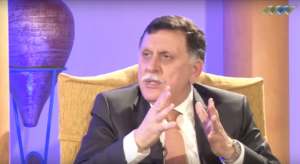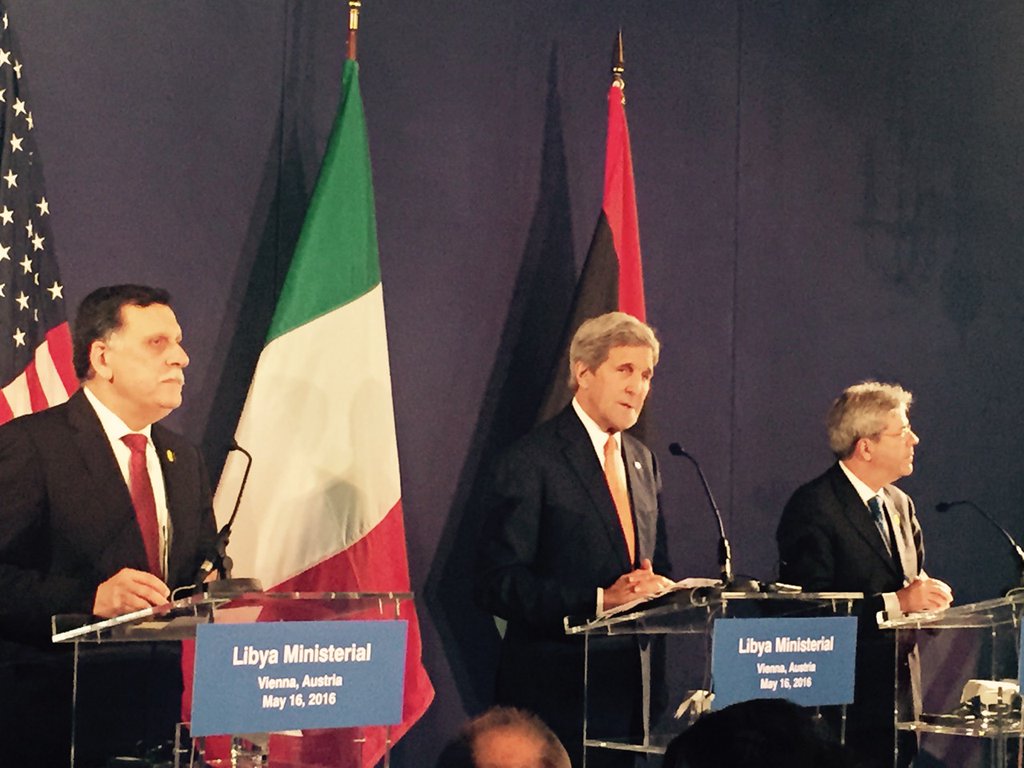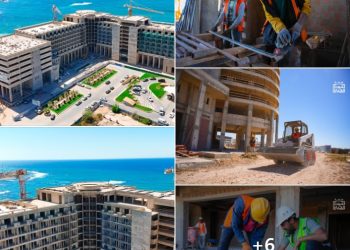By Libya Herald reporters.

Tunis, 15 May 2016:
Ahead of tomorrow’s Vienna summit on Libya, Faiez Serraj has accused the international community of . . .[restrict]“simply letting go” of Libya after the toppling of Muammar Qaddafi.
In an article written for the UK’s Daily Telegraph, the prime minister-designate has said that the outside world has responsibilities toward Libya, but insisted that these do not involve putting boots on the ground to defeat IS. That, he said, would be done by Libyans alone. But the country needed the training and support of the international community. In particular, it equired the lifting of the UN arms embargo.
“It makes no sense to thwart our efforts when we are embarking on this critical fight against a merciless but vulnerable enemy” he said, referring to IS.
He said that the Presidency Council had launched the restructuring of the Libyan armed forces with the creation of the Presidential Guard, which would protect the government and vital institutions. A central command was to be established shortly.
“These are the first nails in the coffin for our common enemies, the terrorists” he wrote, adding, “And as our partners will discover in Vienna, the international community now has a reliable ally, supported nationwide, that it can do business with”.
Serraj also said that Libyans needed to take a hard look at themselves: “Instead of behaving responsibly as statesmen, politicians have bickered needlessly while Libya has imploded. We have lurched from tentative steps towards democracy in 2011 into renewed violence and disorder today due to a complete breakdown of national unity”.
IS was not Libya’ greatest enemy, he said, asserting that instead:“ National division is. The stark lesson from the past five years of turmoil is that when Libyans fail to work together they empower those who would destroy our country. National unity is the most effective weapon against these nihilistic purveyors of hatred and bloodshed. Terrorists will be defeated by our armed forces uniting under civilian command, not rival militias rushing to claim a political prize”.
Though he insisted that the Presidency Council and the Government of National Accord would succeed, he pulled no punches in his analysis of Libya’s current challenges, which he described as “monumental” .
“Oil production has collapsed, terrorist activity has risen alarmingly and our economy is in great peril” he said, adding that youth unemployment stood at unacceptable levels.
Serraj insisted that no single group or region in Libya could expect to predominate: “We must learn quickly the art of political compromise in the new era of representative government”.
It was, he said, is a question of balance, equality and moderation.
“This is what we fought for together during the revolution and this is what too many Libyans lost their lives for. The only way to honour the martyrs’ sacrifice is to build a better Libya for all Libyans. In Vienna I will pledge my government’s unswerving commitment to do exactly that with our friends in the international community”. [/restrict]







